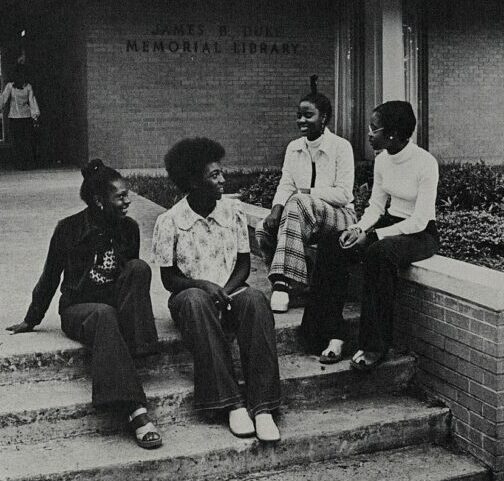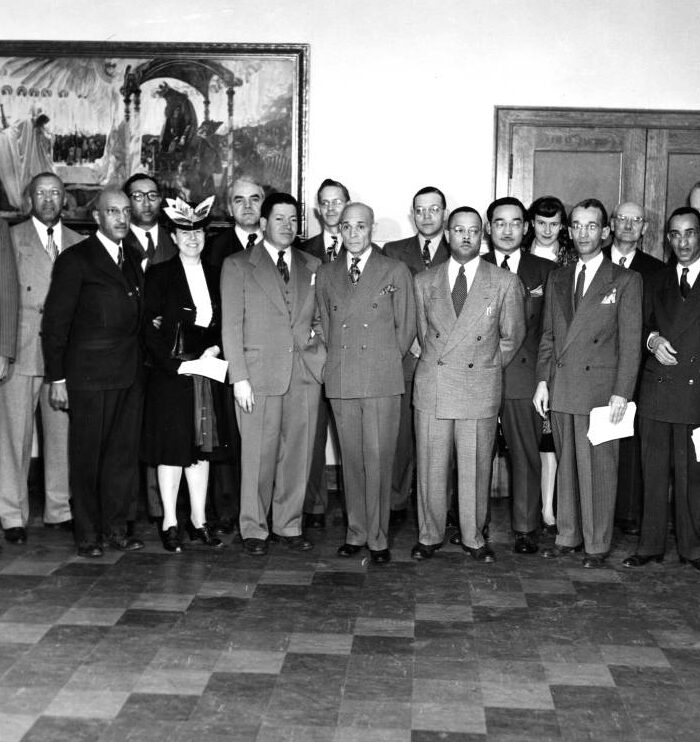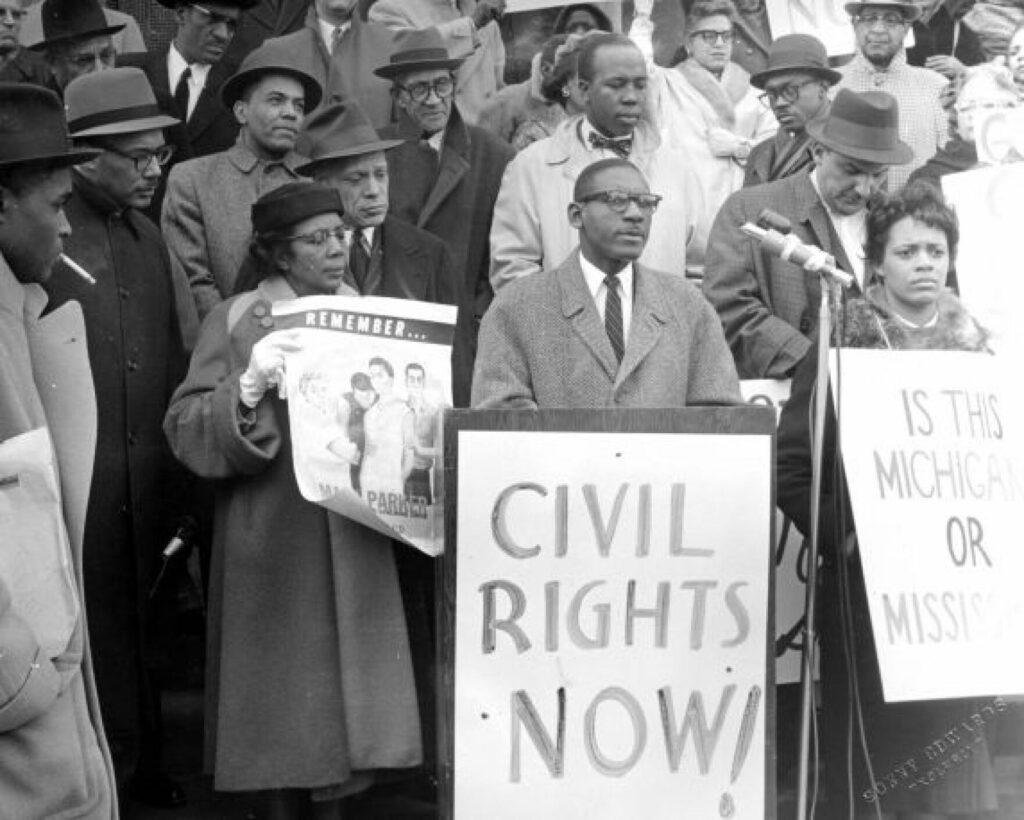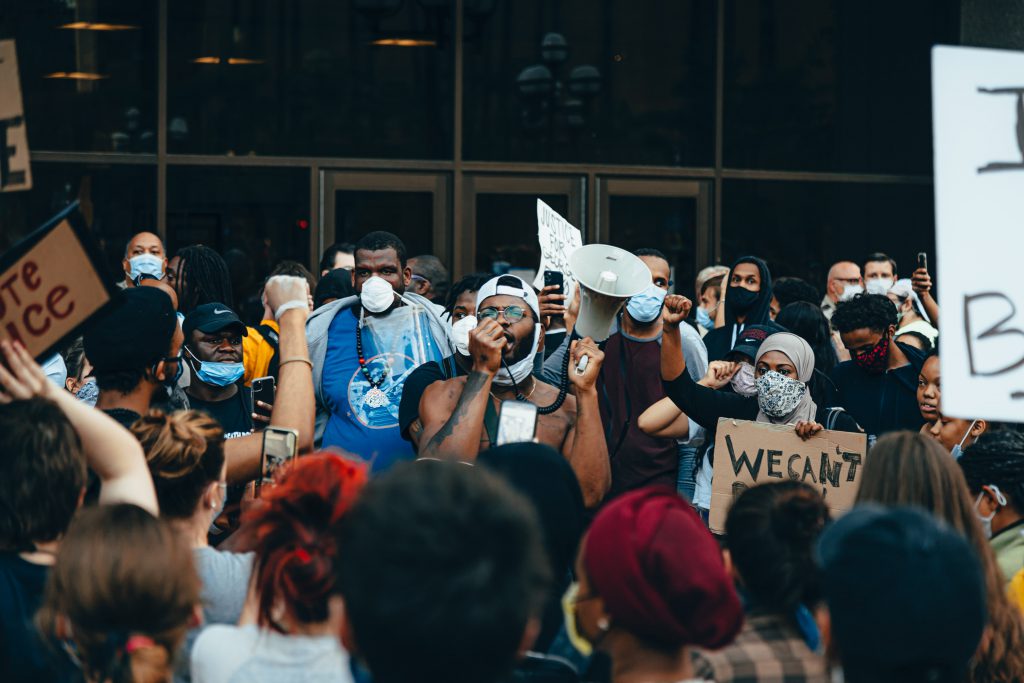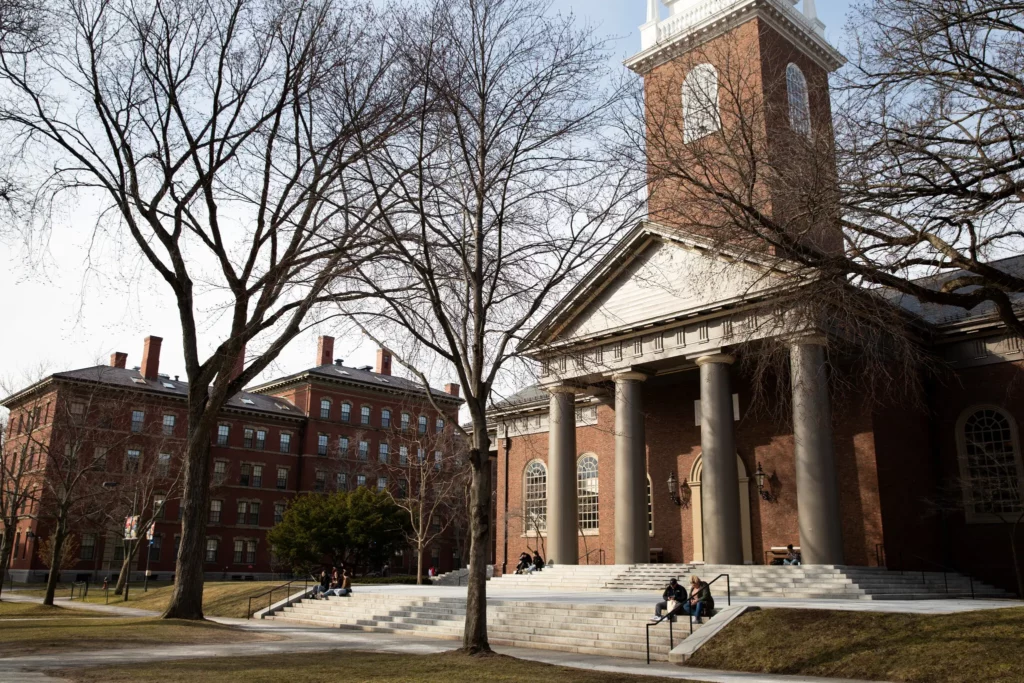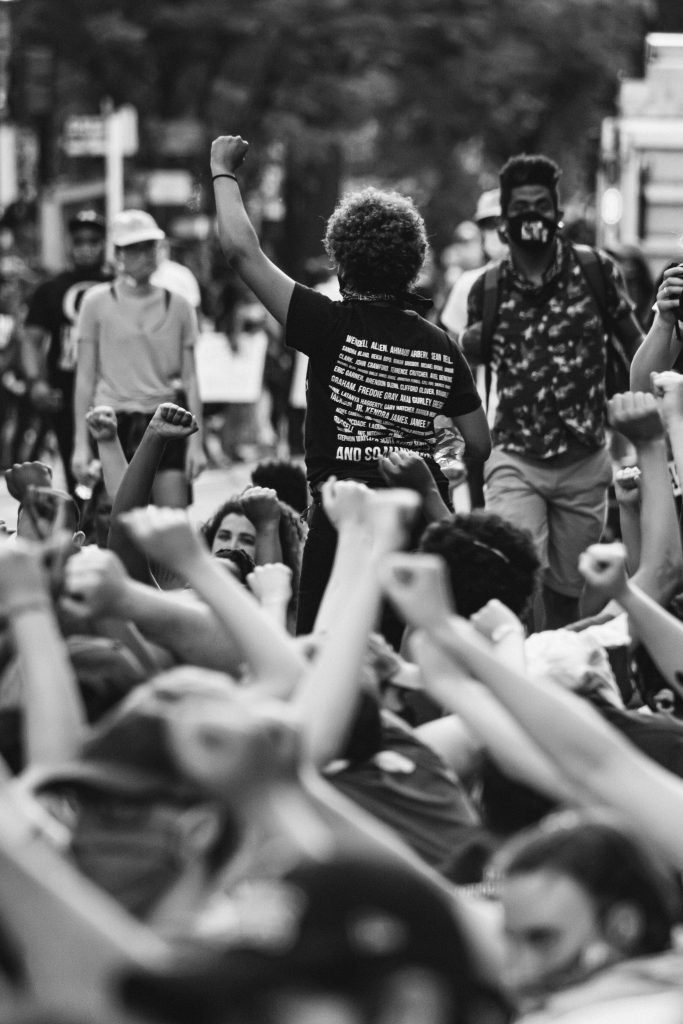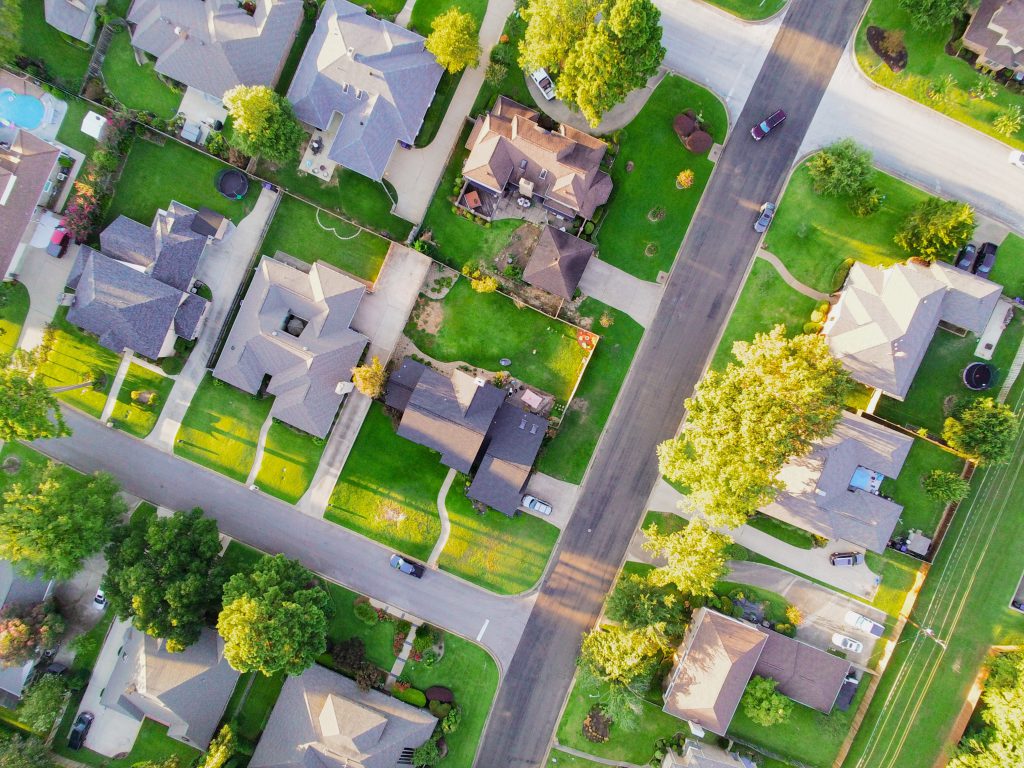OUR MOVEMENT
The Redress Movement initially emerged in response to Richard Rothstein's book, The Color of Law, which documents the intentional laws, covenants, and processes that created housing segregation along with other seminal works published in recent years. Awareness of these truths, coupled with the unprecedented participation of 20 million Americans of all races and ethnicities in the spring and summer of 2020, in Black Lives Matter demonstrations, convinces us that a new movement to redress racial segregation is possible, if only we take the steps needed to help organize it.
In response to the book, a group of national civil rights leaders, convened by Ted Shaw, the former President of the NAACP Legal Defense Fund and Director of the Center for Civil Rights at the University of North Carolina, decided to create an organization to take on redressing racial segregation. The New Movement to Redress Racial Segregation, as it was initially named, was formed. 2021 was spent raising the initial funds that would allow the organization to be formally launched in early 2022 as The Redress Movement.
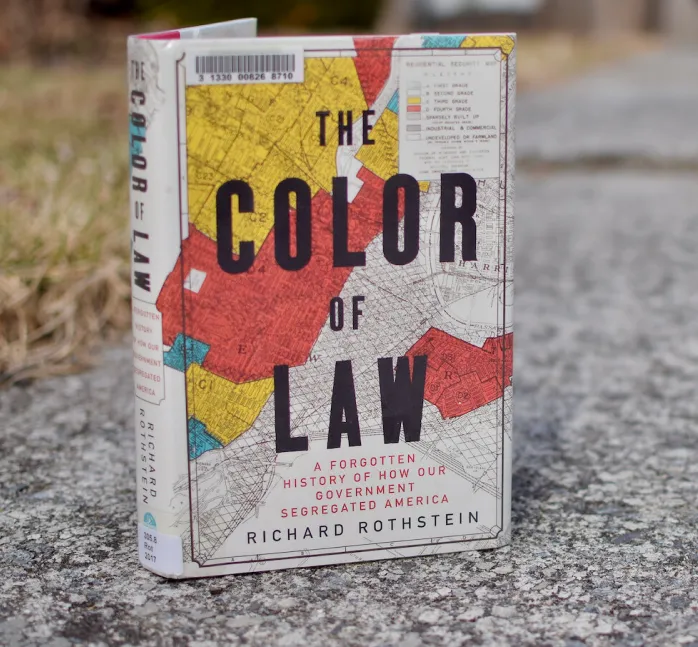
OUR MISSION
The Redress Movement is a newly formed nonprofit organization that empowers communities
across the U.S. to take direct action to redress racial segregation. We work to repair the harm caused by
intentional policies that segregate communities by educating, mobilizing, shifting the narrative, and winning
redress victories. Our starting point is housing justice, but our goal is to dismantle all that divides us and
heal our nation by facing the facts of history.
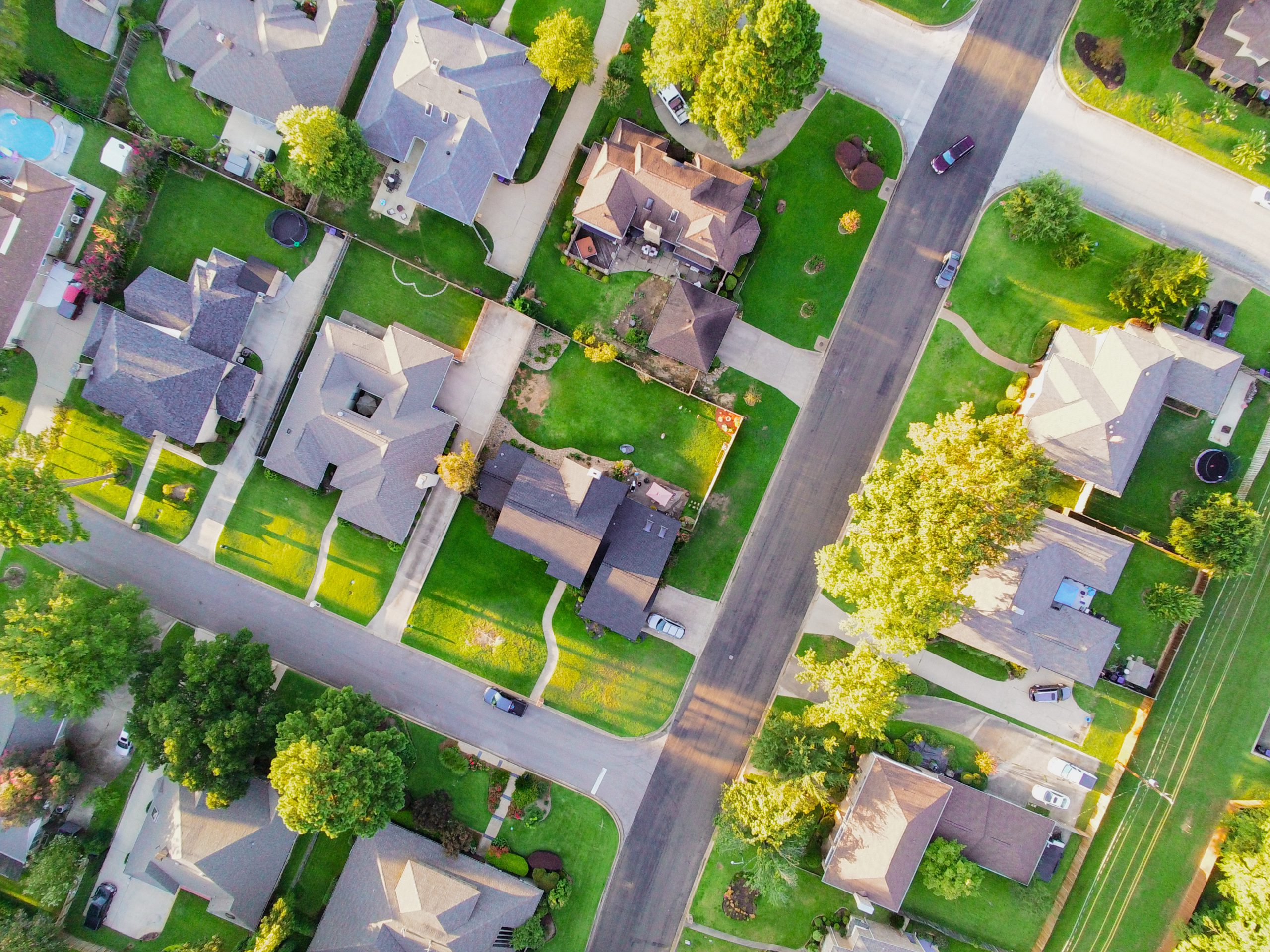
OUR VALUES
Justice:
We believe that justice is always the center of the work we do.
Healing:
We believe that our country needs the space to heal from the intentional harms created in past policies, systems, practices and disinvestment.
Ground Truthing:
We believe that before any healing occurs, we have to face the facts of history and ground truth solutions that align with that history.
Participatory Research:
We believe that partnering with community residents to gather evidence and information that bolsters the case for redress, also empowers people to lift up their voices and demand change.
Organizing:
We believe that justice will only come through multi-racial organizing and narrative change.
Solidarity:
We believe in standing in solidarity with other justice-seeking individuals and organization who are organizing for an inclusive future.
Accountability:
We believe that redress demands accountability for the intentional ways our communities have been divided, separated and kept vastly unequal.

